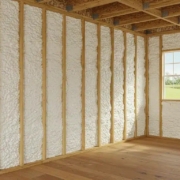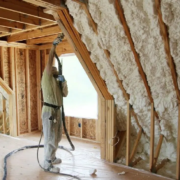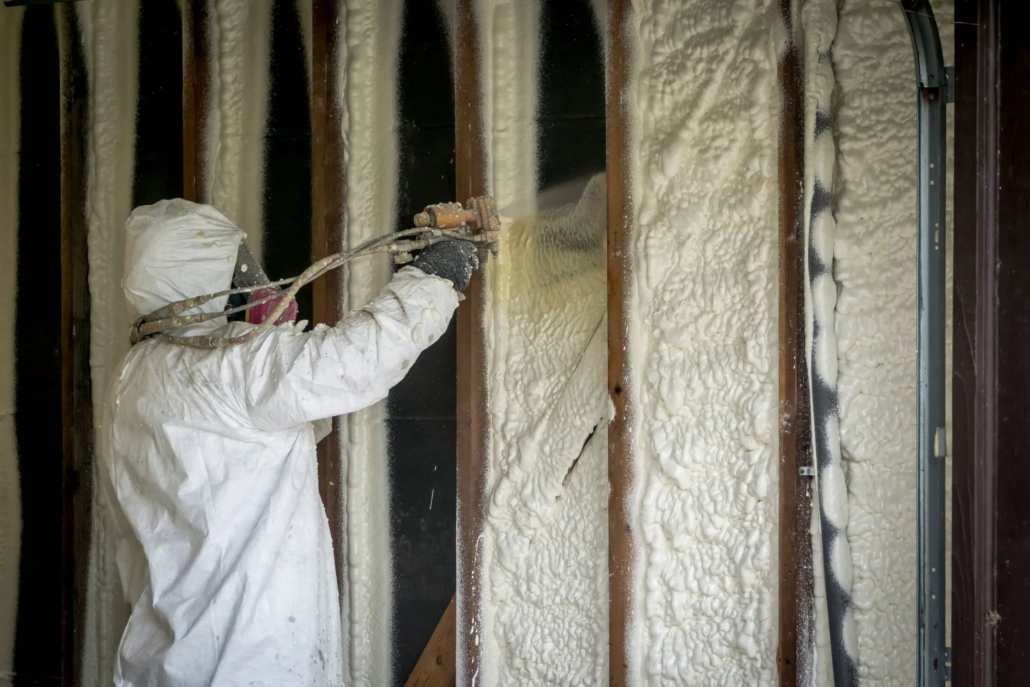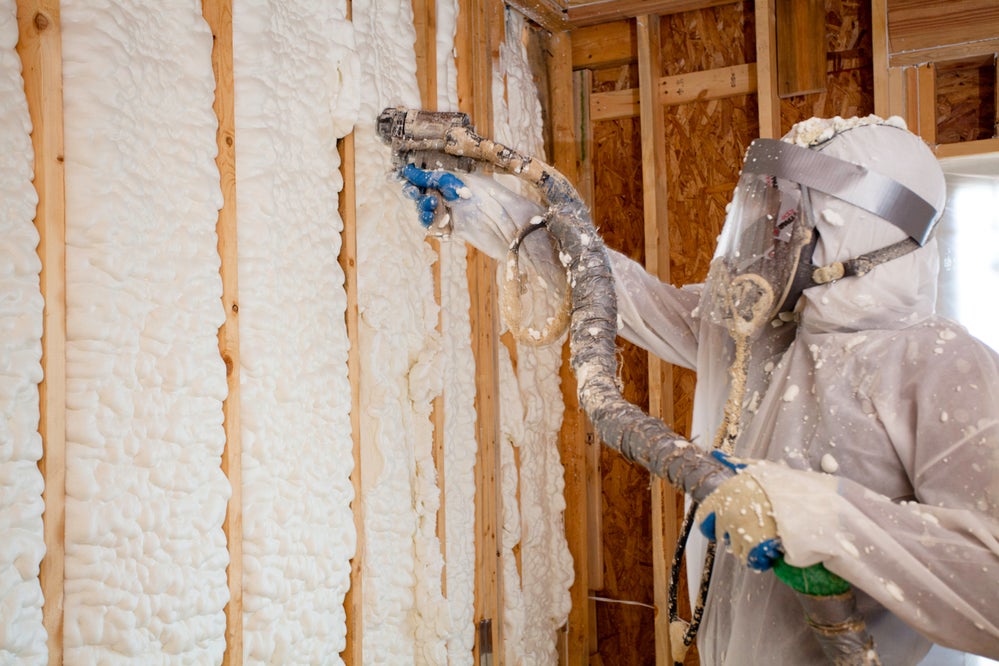What’s the Best Season to Schedule Insulation Services in Lowell, MA?
In Lowell, every season brings its own set of challenges for keeping a building comfortable and energy-efficient. Cold winters drive heating bills up, and humid summers make cooling systems work overtime. If your insulation isn’t doing its job, you’re likely paying more than you should—and feeling less comfortable than you could.
The timing of your insulation upgrade can make a big difference. Certain months offer better scheduling availability, optimal weather for installation, and a quicker return on your investment. This guide breaks down the best times of year to book insulation services in Lowell, MA so you can plan ahead and get the most out of your project.
Timing Your Insulation Project for the Best Results
Many property owners wait until the peak of winter or summer to think about insulation. By then, scheduling can be tougher and energy waste is already costing you. Booking insulation work during the right season means your home or business can be more comfortable before extreme weather arrives.
Lamothe Insulation and Contracting works year-round, but the ideal time to schedule depends on your building type, insulation goals, and current comfort issues. Understanding the pros and cons of each season will help you decide when to move forward.
Spring: Preparing Before the Heat Arrives
Spring is one of the most popular times to schedule insulation upgrades. The weather is mild, which means installers can work efficiently without extreme temperature challenges. You’ll also be ready for summer’s humidity and high cooling demands.
Advantages of spring insulation work:
- Flexible scheduling before peak summer demand
- Reduced temperature swings during installation
- Immediate comfort improvement for the hot months ahead
Summer: Quick Fixes During Peak Energy Use
Summer can be a wake-up call for poorly insulated spaces. Hot air finds its way inside, cooling systems run longer, and utility bills climb. If you start feeling the heat indoors, adding or upgrading insulation can make a noticeable difference—even mid-season.
Advantages of summer insulation work:
- Immediate relief from high cooling costs
- Improved humidity control
- Faster return on investment during high usage months
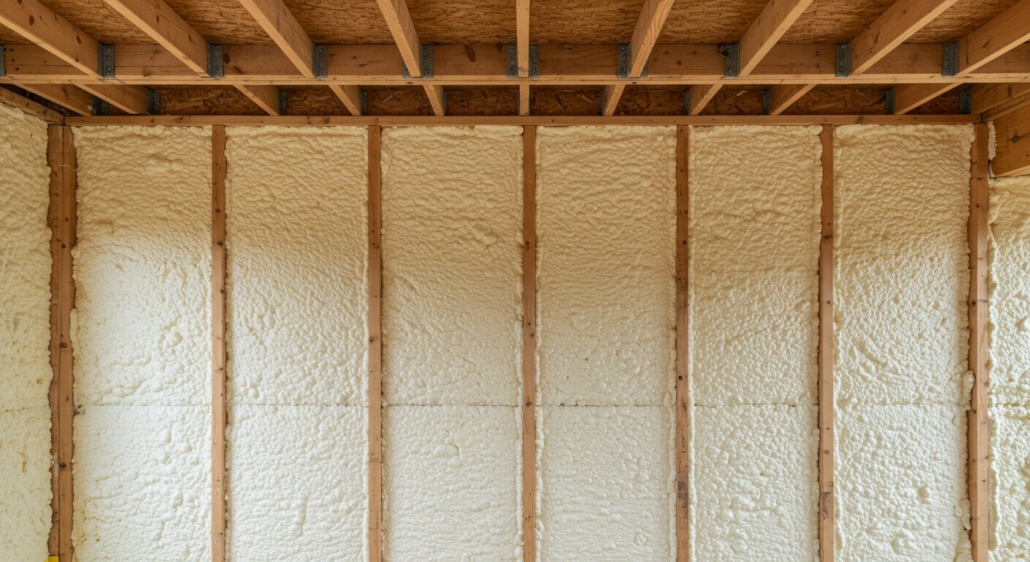
Fall: Getting Ahead of Winter Cold
Fall is often the smartest season to schedule professional foam insulation or other insulation services in Lowell. The weather is cool enough for efficient installation, and you can lock in heat retention before winter’s first freeze.
Advantages of fall insulation work:
- Avoids the winter rush
- Prepares your building for cold temperatures
- Reduces heating costs before they spike
Winter: Urgent Comfort Solutions
While not always ideal for large exterior projects, winter is still an option—especially for urgent comfort issues. Experienced local insulation teams have equipment to work in cold conditions and can often perform targeted upgrades like attic sealing or spray foam applications indoors.
Advantages of winter insulation work:
- Immediate comfort improvement in problem areas
- Solves draft issues during the coldest months
- Keeps heating systems from overworking
Comparing Seasonal Benefits
| Season | Best For | Main Advantages |
|---|---|---|
| Spring | Whole-home upgrades before summer | Mild weather, flexible scheduling |
| Summer | Quick fixes, humidity control | Energy savings during high cooling demand |
| Fall | Full insulation projects before winter | Lower bills, winter-ready comfort |
| Winter | Urgent or targeted upgrades | Immediate draft control, indoor applications |
Comprehensive Insulation Services for Lowell, MA
Lamothe Insulation and Contracting offers a range of insulation solutions for residential and commercial properties. Choosing the right material and method depends on your goals, building type, and budget.
Open-Cell Spray Foam Insulation
Lightweight foam that expands to fill gaps and cracks. Great for interior walls and ceilings, with excellent sound-dampening properties.
Closed-Cell Spray Foam Insulation
Dense, moisture-resistant foam that delivers high R-values per inch. Ideal for basements, exterior walls, and roofs where maximum insulation and strength are needed.
Insulation Removal
Safe removal of damaged, outdated, or contaminated insulation to make way for more effective materials.

Thermal & Intumescent Coatings
Specialized coatings that enhance fire resistance and improve thermal performance when applied over spray foam.
Blown-In Insulation
Loose-fill insulation that can be installed quickly in attics or wall cavities for even coverage.
Mineral Wool Insulation
Durable, fire-resistant material with excellent soundproofing and thermal control properties.
Blown-In Cellulose Insulation
Eco-friendly insulation made from recycled materials, treated for fire safety, and effective at sealing small gaps.
Dense-Pack Cellulose
High-density cellulose that provides superior air sealing and consistent insulation performance in walls.
Common Questions
Can insulation be installed during any season?
Yes. While some seasons offer easier scheduling and conditions, insulation services are available year-round in Lowell.
Will I see immediate savings on energy bills?
In most cases, yes. Once new insulation is in place, heating and cooling systems don’t need to work as hard, which lowers energy use.
Does spray foam work in cold weather?
Yes. Professional spray foam teams have equipment and techniques for proper application in winter conditions.
How do I know which insulation type is right for my property?
An in-person assessment can determine which materials—such as spray foam, cellulose, or mineral wool—are best suited to your building and goals.
Choosing the Right Season Comes Down to Your Goals
The “best” season to schedule insulation depends on whether you want to prepare ahead of extreme temperatures or fix an urgent comfort problem. Spring and fall often offer the best balance of mild weather and scheduling flexibility, while summer and winter can deliver immediate relief when energy costs are high.
Ready to Achieve Energy-Efficient Indoor Performance?
Insulation plays a major role in keeping indoor temperatures steady and utility costs low. Lamothe Insulation and Contracting provides foam insulation solutions and other methods designed for long-term performance. Call (508) 847-0119 or email LamotheInsulation@gmail.com to schedule your assessment.
FAQs
Can I combine different insulation types in one project?
Yes. Blown-in insulation, spray foam, and mineral wool can be used together to target specific areas and performance needs.
Does insulation help with noise control?
Certain materials, such as open-cell spray foam and mineral wool, are excellent for reducing sound transfer between rooms.
Will insulation add value to my property?
Energy-efficient upgrades are attractive to buyers and can improve a building’s resale appeal.
Do I need to remove old insulation before adding new?
Not always. In some cases, new insulation can be added over existing material, but damaged or contaminated insulation should be removed.
How long does insulation last?
High-quality insulation can last decades when installed correctly and kept dry.
Author: With over two decades of hands-on experience, Robert Lamothe, owner and lead installer of Lamothe Insulation, brings unmatched skill in spray foam insulation, carpentry, and building science. Since 2002, he has built a reputation for precision and quality, delivering results that improve comfort and energy efficiency for years to come. Lamothe Insulation is a family-run business, and Robert also owns the Goddard School of Auburn, an early childhood education school.
Reviewer: Ethan Taylor has 8 years of experience in spray foam insulation. He reviewed this content and offered suggestions to make it clear, approachable, and trustworthy for anyone considering insulation work.

